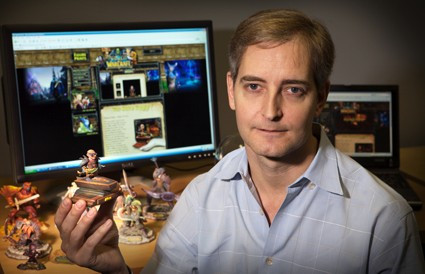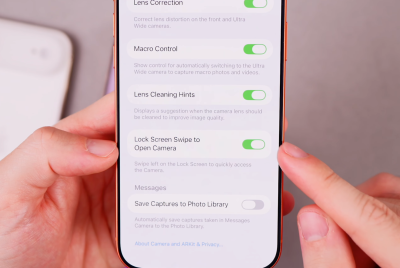Xbox Co-Founder Warns Game Publishers Could Die Out
Ed Fries, who co-founded development of the original Xbox console, has warned that new game distribution channels could see publishers die out in the future.

Fries, who has also worked on developing the Android-powered Ouya, said that by allowing developers to self-publish their games digitally on the PlayStation 4 and Xbox One, Sony and Microsoft would eliminate the need for the publishing labels which have historically dictated the game market:
"Who knows if there'll be big publishers in the future? There don't have to be. Maybe the world of the future doesn't look like that. Maybe it's just lots of small developers, getting together and then breaking up into little teams all over the world, that's where great games are going to come from," Fries said in an interview with [a]list daily,
"Big publishers were formed because games were really expensive, there were big distribution issues. Walmart didn't want to deal with a hundred companies; they wanted to deal with four or five. A lot of those things changed with digital distribution. Maybe what we'll see in the future isn't like what we've seen in the past. What does that mean? There are winners and losers all through that."
Digital distribution
Fries warned that as well as publishers potentially disappearing, game developers could also face problems when working through digitial distribution:
"It's not necessarily a better future for anyone. If you're a publisher, it's 'Oh, maybe my future is not so good.' Even from a developer point of view, it might mean you get a hit and then you don't get a hit again. Customers will just pick and choose, as they always do, whatever's hottest, most fun at that time. That's a very different world we have to think about."
Though Sony has always said independent developers would be allowed to self-publish on the PlayStation 4, Microsoft, originally, was set to make the Xbox One more restrictive, requiring game-makers to sign to a publishing label before they could appear on the console's digital store.
However, following consumer backlash, Microsoft has since reversed this policy, as well as several others regarding the Xbox One, and has now said it will accommodate self-publishing.
Worried
Fries said he was worried that Microsoft would not change its stance:
"I was concerned that they wouldn't change, and I was impressed that they did change, and changed quickly. They clearly are responsive to feedback, and I think that's great.
"It's important that we listen to our customers when they have things to say to us. It's a lot more true than it was in the old days. If you think about games, we used to spend three years making games and stick them in a box, and people liked them or they didn't like them. Now it's much more direct feedback from customers."
The Xbox One is expected to launch next November.
© Copyright IBTimes 2025. All rights reserved.






















